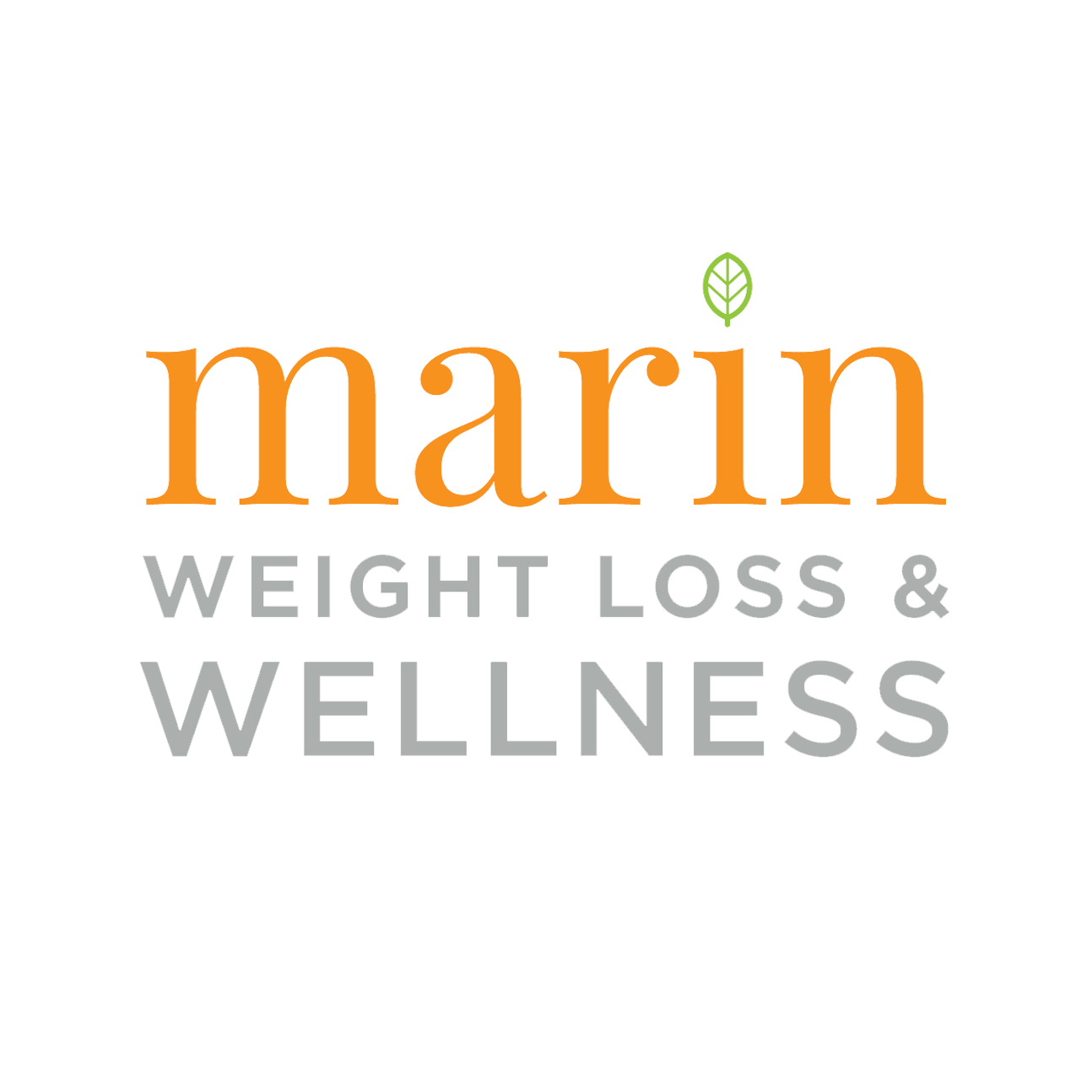How To Achieve Weight Loss After Delivery?
Bringing a new life into the world is a beautiful journey, but it often comes with significant changes to a woman's body. One of the most common concerns postpartum is weight gain. While it's natural to gain weight during pregnancy, shedding those extra pounds after delivery can be a challenging task for many new mothers.
However, with patience, dedication, and the right approach, achieving postpartum weight loss is entirely feasible. In this comprehensive guide, we'll explore effective strategies to help new mothers on their journey towards a healthier and fitter self.
Understanding Postpartum Weight Loss
Postpartum weight loss refers to the process of losing the weight gained during pregnancy after giving birth. It's important to understand that every woman's body is different, and the timeline for losing postpartum weight varies from person to person. Generally, it's recommended to aim for gradual weight loss, typically 1-2 pounds per week, to ensure it's sustainable and healthy.
Factors Affecting Postpartum Weight Loss
Several factors can influence the rate and success of postpartum weight loss:
Genetics: Genetic predispositions play a significant role in how a woman's body responds to pregnancy, weight gain, and weight loss efforts.
Diet and Nutrition: Consuming a balanced and nutritious diet is paramount for postpartum weight loss. Opt for whole, unprocessed foods rich in vitamins, minerals, fiber, and essential nutrients.
Physical Activity: Regular exercise is essential for burning calories, boosting metabolism, improving muscle tone, and enhancing overall well-being. However, it's crucial to start slowly and gradually increase intensity as strength and endurance return postpartum.
Breastfeeding: Breastfeeding can aid in postpartum weight loss by burning extra calories (approximately 300-500 calories per day) and facilitating quicker uterine contraction. However, it's essential to ensure adequate nutrient intake to support milk production and maintain energy levels.
Sleep: Adequate and quality sleep is vital for weight management as it regulates hormones that control appetite, metabolism, and stress levels.
Stress Levels: High stress levels can hinder weight loss progress by triggering emotional eating, disrupting sleep patterns, and increasing cortisol levels, which promote fat storage.
Tip: If you're seeking professional guidance and personalized support for postpartum weight loss, consider reaching out to Marin Weight Loss. Our team of experts specializes in helping new mothers achieve their weight loss goals through tailored nutrition plans and comprehensive advice.
We will assess your individual needs and recommend the essential nutrients you need to incorporate into your diet to support healthy weight loss, energy levels, and overall well-being. With our expert guidance and support, you can navigate your postpartum weight loss journey confidently and successfully.
Contact Marin Weight Loss Today!
Effective Strategies for Postpartum Weight Loss
Set Realistic and Achievable Goals: Instead of aiming for rapid weight loss, focus on making gradual, sustainable changes to your lifestyle. Celebrate small victories and milestones along the way to maintain motivation and momentum.
Eat Nutrient-Dense Foods: Opt for whole, unprocessed foods that provide essential nutrients without excess calories. Include plenty of fruits, vegetables, lean proteins, whole grains, and healthy fats in your diet to support energy levels, milk production (if breastfeeding), and overall health.
Stay Hydrated: Drinking plenty of water throughout the day helps maintain hydration, supports metabolism, aids in digestion, and can aid in appetite control.
Portion Control: Be mindful of portion sizes to avoid overeating and unnecessary calorie consumption. Use smaller plates, eat slowly, and listen to your body's hunger and fullness cues to prevent overeating.
Incorporate Physical Activity: Start with gentle exercises like walking, postnatal yoga, or swimming, gradually increasing intensity as you regain strength, endurance, and confidence.
Breastfeed (if possible): Breastfeeding not only provides numerous benefits for both mother and baby but can also aid in postpartum weight loss by burning extra calories and promoting bonding and emotional well-being.
Get Adequate Sleep: Aim for 7-9 hours of quality sleep per night to support weight loss efforts, promote recovery, and enhance overall well-being and vitality.
Manage Stress: Practice stress-reducing techniques such as mindfulness, meditation, deep breathing exercises, or gentle stretching to prevent emotional eating, promote relaxation, and enhance mental clarity and resilience.
Seek Support: Surround yourself with a supportive network of friends, family, or fellow new mothers who can offer encouragement, advice, practical assistance, and motivation throughout your postpartum weight loss journey.
Be Patient, Kind, and Compassionate to Yourself: Remember that postpartum weight loss is a journey, not a destination, and it takes time, dedication, and perseverance. Focus on progress rather than perfection, celebrate every achievement, no matter how small, and prioritize self-care, self-love, and self-compassion throughout the process.
Losing weight after delivery is a transformative and empowering journey that requires patience, dedication, and a holistic approach.
Remember, every woman's body is unique, and it's essential to focus on progress, health, and well-being rather than societal standards or unrealistic expectations. Embrace your body, embrace your journey, and embrace the incredible transformation of motherhood.
With determination, resilience, and unwavering support, you can reclaim your pre-pregnancy fitness, confidence, and vitality, and embrace a healthier, happier, and more fulfilling lifestyle for yourself and your family.


